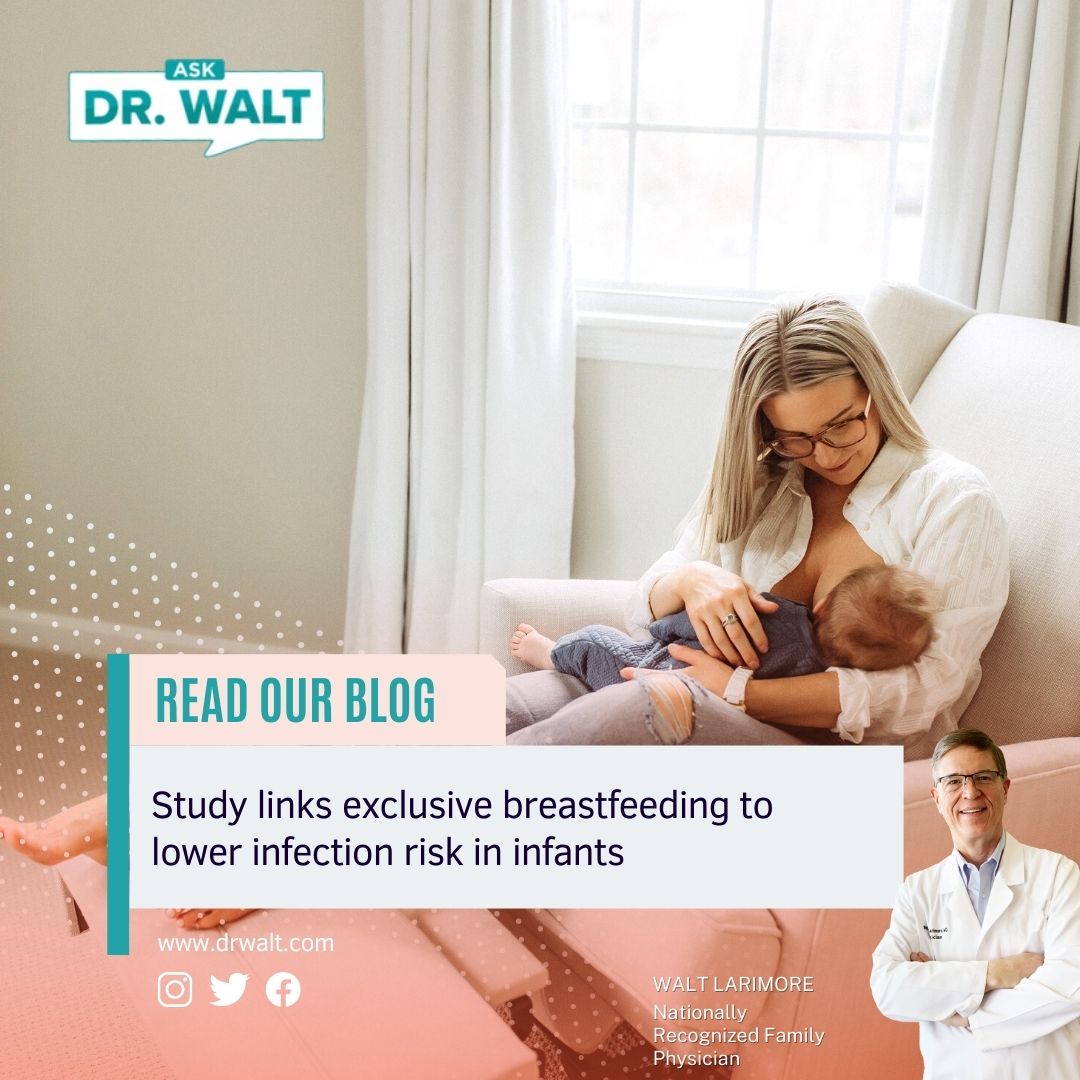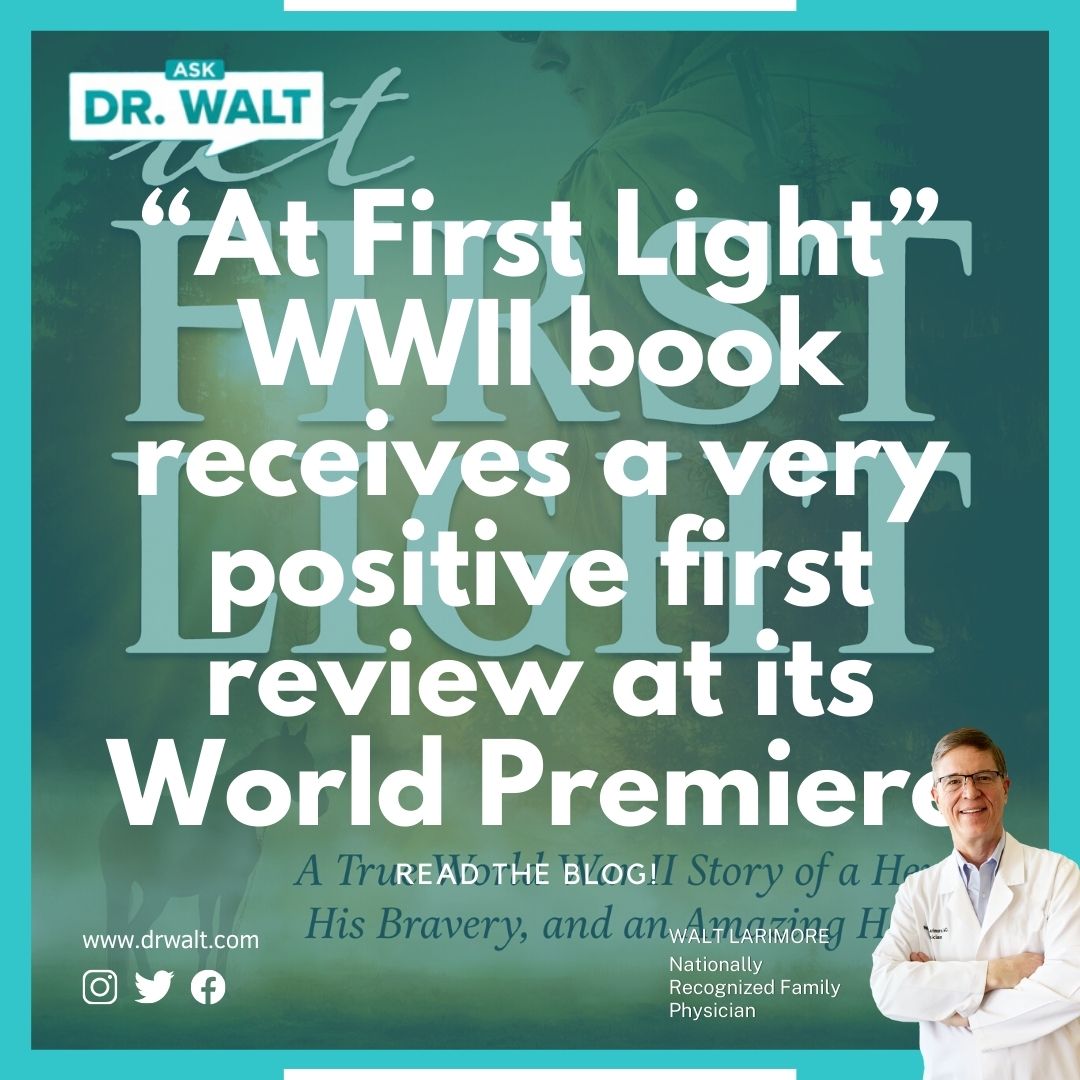
Study links exclusive breastfeeding to lower infection risk in infants
April 5, 2022
“At First Light” WWII book receives a very positive first review at its World Premiere
April 7, 2022HealthDay reports that “hepatitis B (HepB) vaccination should be administered to all adults aged 19 to 59 years and to those aged 60 years or older with risk factors for HepB.”
This is based upon updated recommendations” by the CDC’s Advisory Committee on Immunization Practices (ACIP) in the CDC’s Morbidity and Mortality Weekly Report.
HCPlive reports the agency “said … that the decision is based on 4 decades of safety, immunogenicity, and efficacy data on the HBV vaccine, but with suboptimal coverage in the U.S.” The agency adds, “Universal adult HepB vaccination through age 59 years removes the need for risk factor screening and disclosure and could increase vaccination coverage and decrease hepatitis B cases,” the authors wrote.
The Hepatitis B Foundation reports: “Until now, U.S. hepatitis B immunization recommendations were based on a person’s risk factors, which was stigmatizing, inefficient, and burdensome to providers and patients. Universal vaccination initiatives are widely recognized in helping to reduce morbidity from viruses. The ACIP vote in favor of a recommendation for universal adult hepatitis B vaccination is a significant step towards lowering the rate of adult infection of hepatitis B.”
What the recommendation means:
- All adults aged 19-59 can receive the HBV vaccination with no cost-sharing.
- Those who are 60 and older who wish to receive the hepatitis B vaccine but have no identified risk factors (see the risk factors here) may still have to pay for the vaccine based upon insurance coverage.
- Financial and other systematic barriers to vaccine access will be eliminated for many adults.
- Access to the hepatitis B vaccine will increase – more providers will offer the vaccine, and it will be easier to get vaccinated.
- Health insurance coverage for the vaccine will improve.
- Progress toward our shared goal of eliminating viral hepatitis in the U.S. by 2030 will accelerate.
- Health disparities and new hepatitis B infections will be reduced.
Why is universal vaccination is recommended now? According to the Hepatitis B Foundation:
As many as 60 million Americans spanning 3 generations – Baby Boomers, Gen X, and some Millennials – were born before the guidelines for universal infant vaccination in 1991 and may not be protected against hepatitis B. Many people who have been infected do not have clear risk factors or may not be aware of the risk, and almost 85 percent of adults in the U.S. fall into a higher-risk group, including those with diabetes and kidney disease. Hepatitis B cases in the U.S. rose by 11% between 2014 and 2018 despite the presence of highly effective vaccines. Hepatitis B is one of the primary causes of liver cancer, one of the deadliest cancers, and it is a completely preventable disease; the need for universal vaccination can no longer be ignored.
Hepatitis B is the most common serious liver infection in the world. It is caused by the hepatitis B virus that attacks and injures the liver. Each year up to 1 million people die from hepatitis B worldwide, even though it is preventable and treatable. Hepatitis B is a “silent epidemic” because most people do not have symptoms when they are newly or chronically infected. Thus, they can unknowingly infect others and continue the spread of hepatitis B. For people who are chronically infected but don’t have any symptoms, their livers are still being silently damaged, which can develop into serious liver disease such as cirrhosis or liver cancer.
© Copyright WLL, INC. 2022. This blog provides healthcare tips and advice that you can trust about a wide variety of general health information only and is not intended to be a substitute for professional medical advice, diagnosis, or treatment from your regular physician. If you are concerned about your health, take what you learn from this blog and meet with your personal doctor to discuss your concerns.



